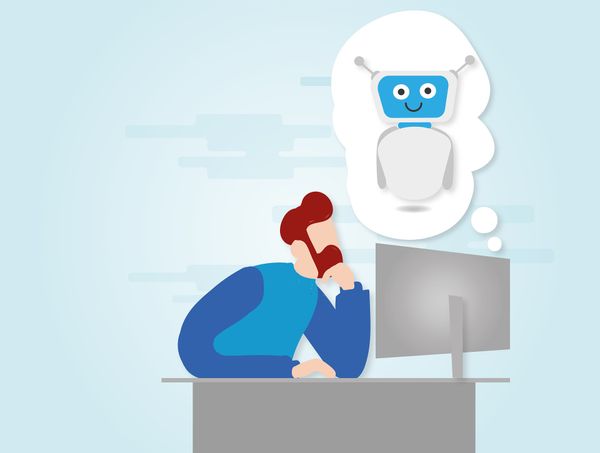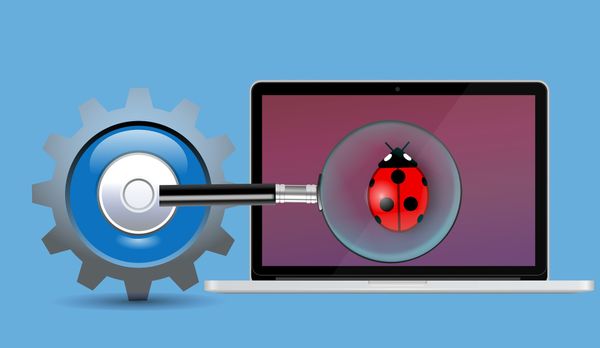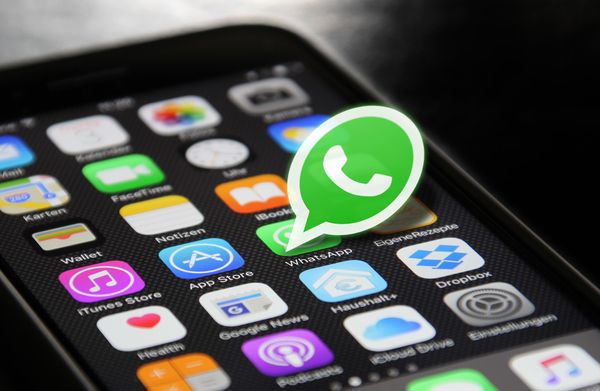What data Chat GPT collects about you, and why is this important for your digital privacy

Millions of people have experimented ChatGPT for fun or work, and the chatbot's success indicates that it (and others similar to it) is here to stay. This new way of engaging with the Internet has some potential privacy risks. Experts' attitudes vary from wanting to ban it altogether to recommending cautiousness.
As with any digital service, safety begins with understanding what data it collects, how it uses it, and how this could impact your digital privacy.
According to ChatGPT's privacy policy, it gathers its information from three sources:
- Account information that you enter when you sign up or pay for a premium plan (your name, contact information, account credentials, payment card information).
- Identifying data it pulls from your device or browser, like your IP address, location, and usage data.
- Information that you type into the chatbot itself (the input, file uploads, or feedback that you provide)
OpenAI shares this data with vendors, service providers, other businesses, affiliates, legal entities, and AI trainers who review your conversations. Also, the data collected is retained for "only as long as we need in order to provide our service to you, or for other legitimate business purposes."
What not to share with ChatGPT
Given that the transcripts of your conversations are recorded and stored indefinitely and shared with many entities, you can only protect your privacy by not sharing too much.
Be extra cautious with the following:
- Any personally identifiable information: your name, address, and details that could identify you or others you mention.
- Health information (questions about diseases, treatments)
- Personal documents or documents containing personal information.
The same principles apply when using ChatGPT for work – don't type confidential information or upload presentations, reports, or documents that contain data about the company you work for, your employees, and your clients. In the FAQ section, OpenAI announces that they are working on a new ChatGPT Business subscription for professionals who need more control of their data.
Other steps to protect yourself:
- Read your prompts twice before you hit submit and remove everything you want to avoid ending up online.
- Consider turning off the chat history – thus, conversations will be retained for 30 days, read when needed to monitor for abuse, before permanently deleting. You can opt out of your conversations being used for training by writing an email to the OpenAi team.
- Avoid using ChatGPT on public WiFi – instead, use a secure private network or a VPN to secure public networks.
Curious to know what the Internet already knows about you? Don't ask chatbots; try Digital Identity Protection instead. It automatically searches for leaked personal data online (including on the Dark Web), sending you real-time alerts when your private information has been exposed. You get real-time data breach alerts and an easy way to monitor and assess your risk levels.
Read more about our identity protection and privacy solutions here.
tags
Author
Cristina is a freelance writer and a mother of two living in Denmark. Her 15 years experience in communication includes developing content for tv, online, mobile apps, and a chatbot.
View all postsRight now Top posts
Start Cyber Resilience and Don’t Be an April Fool This Spring and Beyond
April 01, 2024
Spam trends of the week: Cybercrooks phish for QuickBooks, American Express and banking accounts
November 28, 2023
FOLLOW US ON SOCIAL MEDIA
You might also like
Bookmarks







